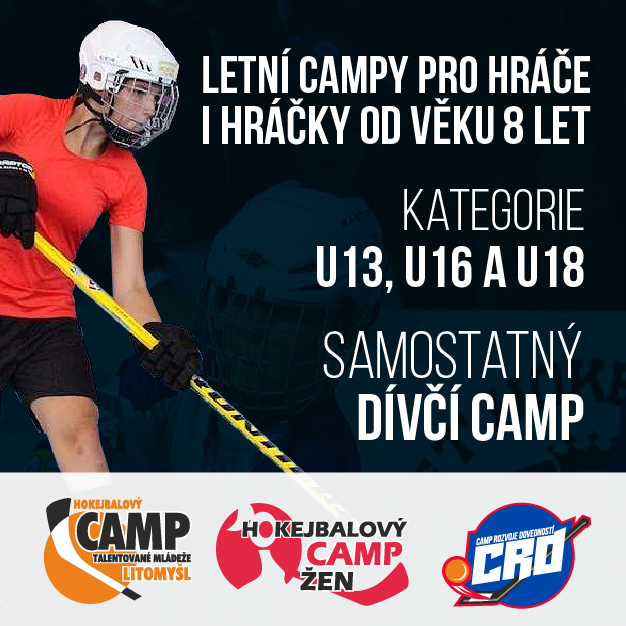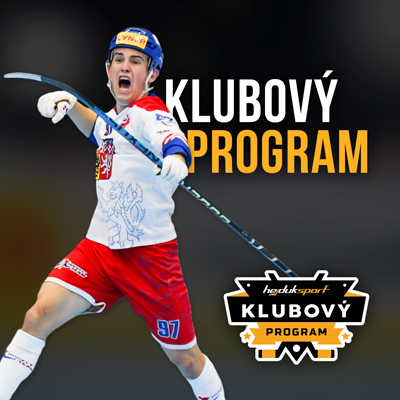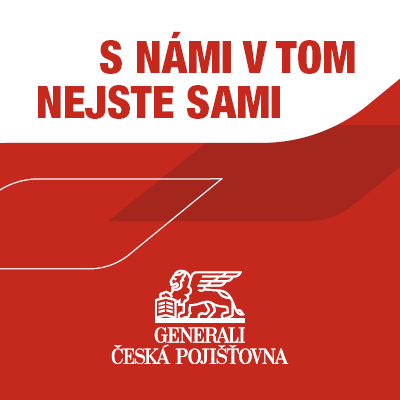Looking back to 2023 with the Chairman of CBHF Martin Komárek - Part 1
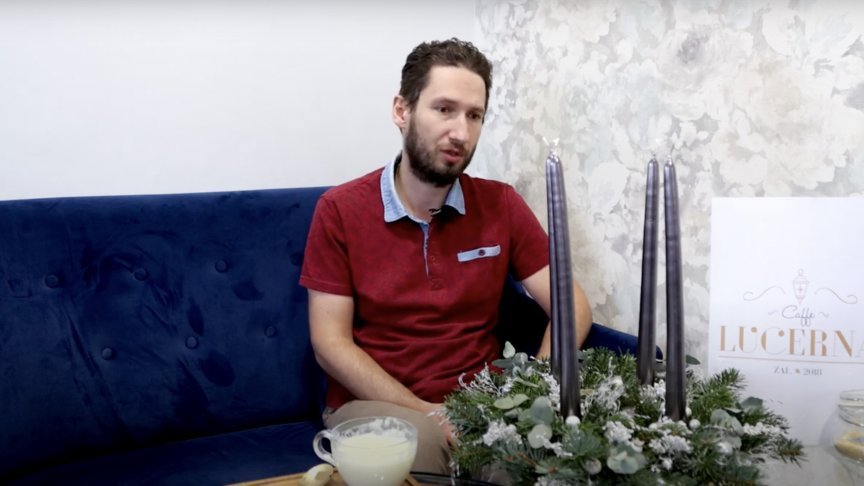
With the arrival of the new year, the editors of CBHF have prepared a series of interviews with the chairman of the Czech Ball Hockey Federation, Mr. Martin Komarek. The first part is dedicated to the biggest successes in 2023.
Mr. Komárek, let's start with a review of the past year, what it brought to ball hockey and what it took away. If you were to evaluate the year 2023, what would you say were the main challenges for the Czech Ball Hockey Federation?
We can say that this year was the first standard year after a long period of covid. After a period when we couldn't plan much, like competitions, youth events or recruitment. This is not only meant from the perspective of the CBHF, but the clubs, their players, parents and coaches were also put in the same situation. So I think this was the first regular season where there was a great desire from the clubs and players to make up for the absence of games and tournaments. We are very happy for that, there was quite a lot of interest in competitive activities and non-competitive ones like camps. On balance, it was a difficult year for us in that we were organising a fairly large World Junior Championships in Liberec, post-covid Championships in five age categories, and at the same time we were culminating our competitions and planning to hold international events for 2025 and 2026. That's how I saw 2023, it was a busy, hectic year and I would like to thank all the clubs, players and officials for the energy they put into this year.
If you had to single out one event or one thing that has made you personally happy in the hectic year 2023, what would it be?
I was pleased with the relatively growing interest of clubs in the recruitment project Grab a hockey stick and play hockey, where a record number of clubs, over 30 clubs, have signed up. Each year we have seen the number of sign ups vary, we have oscillated between 20-25 sign ups, but the numbers this year and the numbers of new kids coming in under the age of 11 are, I think, a reflection of clubs wanting to replenish a base that has been affected by covid for some time. I would take this as the most positive news for our sport as it has great overlap for the future.
So let's get specific, do you have exact numbers on how many new members have been added? And do we possibly have a comparison with what the situation was before the coronavirus pandemic?
I can speak for 2022, when we know the base of new players, because we always evaluate that with my colleagues after the end of the year. Before the covid we had an increase of players under 11 each season of around 600-650, the highest number was 650 new kids just in the year before the covid. Of course, our numbers dropped off a lot after covid, with first a third fewer kids, then 40% fewer. The 2022 numbers showed us that we registered 520-530 new arrivals in the youngest category of mini-hockey and we look forward to seeing what numbers we get at the end of 2023. The intermediate numbers we saw at half-term show us that we could get to or even surpass the pre-covid numbers.
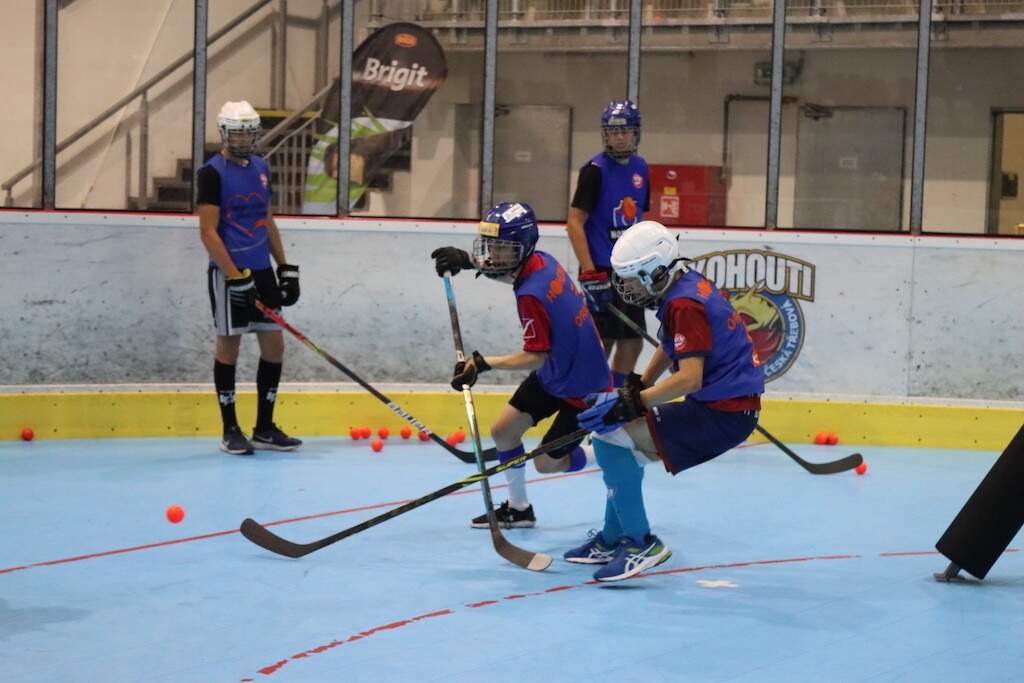 The Czech Ball Hockey Federation supports recruitment activities, summer development camps for youth, etc.
The Czech Ball Hockey Federation supports recruitment activities, summer development camps for youth, etc.
Do these numbers only apply to established clubs, or are there new entities being formed as well? Or are youth teams being established in clubs that have not been active for a long time?
The figures apply to all new players, whether at clubs that have youth or at clubs that are newly established. This year we register two completely new clubs that have reopened or started working with youth again. They are Litoměřice and Prachovice, which have renewed the categories of preliminary and mini-preliminary. Both clubs have been supported by the CBHF development program within the starter club. The base of the club in Třinec is also developing very promisingly, which after the generational renewal of juniors has rushed to the youngest category, where we know that at this time there are 20 new children playing sports and we hope that as many as possible will join the competitions.
Reaching out to new players in the 20s is quite a challenge. After all, there are a lot of opportunities today, whether we are talking about sports or other leisure activities, or the digital phantom we are all familiar with. You talked about supporting hockey teams with the Grab a Stick and Play Hockey project. What does such a project entail and what are its benefits? What can a club do under this project?
There are several parts to the programme, the main one being that we are trying to create recruitment material and visuals for the club, its flyers, roll-ups and banners that will attract parents and their children to come and play hockey, whether it be in schools, nurseries or around the grounds. But of course it's also supplemented by the club getting some recruitment equipment in the form of school items such as timetables, school books, so that clubs can reach out to children directly in kindergartens and schools. Support is also being directed at recruiters so that they are rewarded in some way. This means to the people who recruit, take care of it and sacrifice their free time for it. The last part of the project has become more popular this year, and that is that clubs have the opportunity to get support for local advertising, for example in the local paper, on bus stops, or anywhere else to showcase their club, their club's brand, to further highlight the ongoing recruitment. Last but not least, we have some giveaways for incoming players, whether it's bottles or hockey sticks for new players, so they don't start from scratch and new clubs have something for them to start with.
Let's get back to more specific dates. Is it possible to calculate how many crowns it costs to support the Grab a Hockey Stick and Play Hockey project? How much does it cost the association?
The support can be quantified if we include the costs of producing the brochures and recruiters, which make up about a third of the project, so we are talking about 450 000-500 000 CZK. An integral part of the project is also a targeted recruitment campaign on social media such as YouTube and Facebook, where we are trying to present the individual clubs in a modern way and re-focus the attention of parents in the target age groups on the ongoing recruitment. We are also assisted in this by our colleagues at Kiss and Beat radio, where we are running recruitment spots to further highlight the targeted recruitment taking place.
Moving on to the high-performance youth national team selections at this year's World Championships in Liberec, be it the golden 16, golden 18, bronze 20 or golden 23. How do you evaluate their journey through the championship in Liberec? It's a huge success in terms of medals, but let's get a little bit underneath the surface, which is the medals. How do you evaluate the performance of these teams?
First of all, I would like to say that this is the first gold medal in the U16 and U18 categories from the World Championship in the history of the CBHF. It is a historic achievement for us, I don't want to take credit for the national coaches of these implementation teams, but I think it is mainly a credit to the well-functioning clubs and players who worked very hard on themselves. I think all the coaches who not only dedicated themselves to the players from a young age, but guided them from their first steps to the fact that they grew from small children to small adults or players who will one day represent our team at the highest championship, the men's and women's championships, deserve thanks for the medals. So I think it's a credit to a wide group of people and I would really like to thank everybody from those who brought the kids on the field, took care of them, to those who coached them, even if it was for one or two seasons.
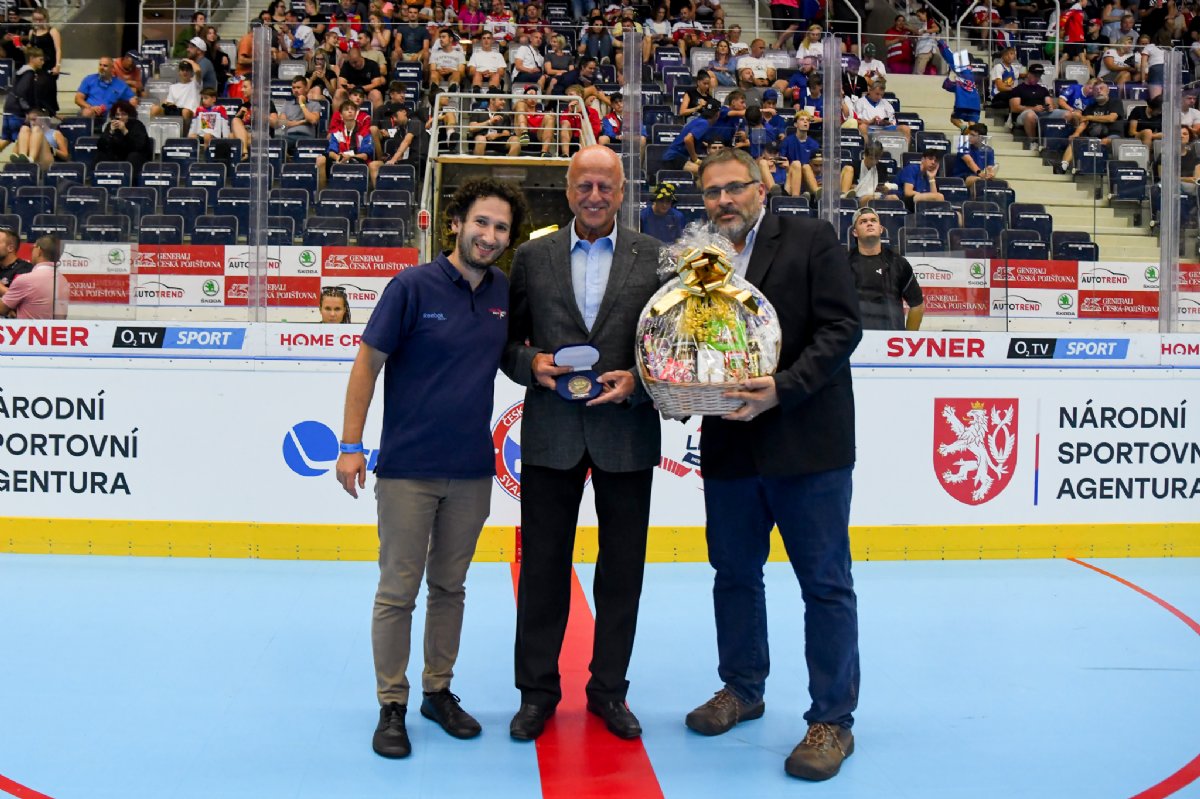 The 2023 World Championships in Liberec was a youth hockey festival. The chairman of the CBHF Martin Komárek (left) handed over a number of awards, such as as part of a thank you to the former vice-chairman of the CBHF, Mr. Milan Hušek (center). On the right is the general secretary of CBHF, Mr. Tomáš Březina. Photo author: Markéta Křížová | eSport.cz.
The 2023 World Championships in Liberec was a youth hockey festival. The chairman of the CBHF Martin Komárek (left) handed over a number of awards, such as as part of a thank you to the former vice-chairman of the CBHF, Mr. Milan Hušek (center). On the right is the general secretary of CBHF, Mr. Tomáš Březina. Photo author: Markéta Křížová | eSport.cz.
The World Championships in Liberec was a symbolic end of a very long national youth cycle. Immediately after the championship a new era began to be written, a new cycle was created. This is also related to the staffing of the youth national teams. After such a successful championship, how is the staffing of the implementation teams for the new cycle, which we believe will be only two years, as was the custom?
The parameters we are looking at are not just whether someone has won a gold medal and that automatically means that the implementation team has worked well. My colleagues and I clearly agreed at the Bureau that this is only one, not the only indicator of how the implementation team or its coaches have worked. Of course, we are also interested in how the preparation went, what values the players worked with, what kind of game system they were led to, what kind of game they presented. Of course, we are also interested in how the players and their parents were communicated with, whether all the information was told to them as it should have been, or whether someone was colouring something and even manipulating the players, so you can see that there are quite a lot of circumstances.
As far as the new implementation teams are concerned, we wanted a certain change in the U20 category. We wanted to have new coaches there and get a different atmosphere. We were happy with Víti Čapek's work and the way he had built the values of working in the 16, so we were happy to talk to him about taking over the U18 category. We also addressed the topic of the 16, where we try to have as many young coaches as possible, always in combination with a more experienced coach, who adds experience to the predatory, promising youth, as well as his practical insight. We have certainly managed to do that in Pavel Štefka.
We are fully aware, with our colleagues in the Board, that the public may rightly ask that there are a number of coaches who have had many successes in a row and perhaps even a few medals. That is true and it is unquestionable, but being a national coach also implies that the coach should behave in a certain way, should be able to speak, act and express himself politely. He has to have mutual respect for Czech ball hockey, and unfortunately we lacked that in some of the candidates, which is why we did not approach them for cooperation.

